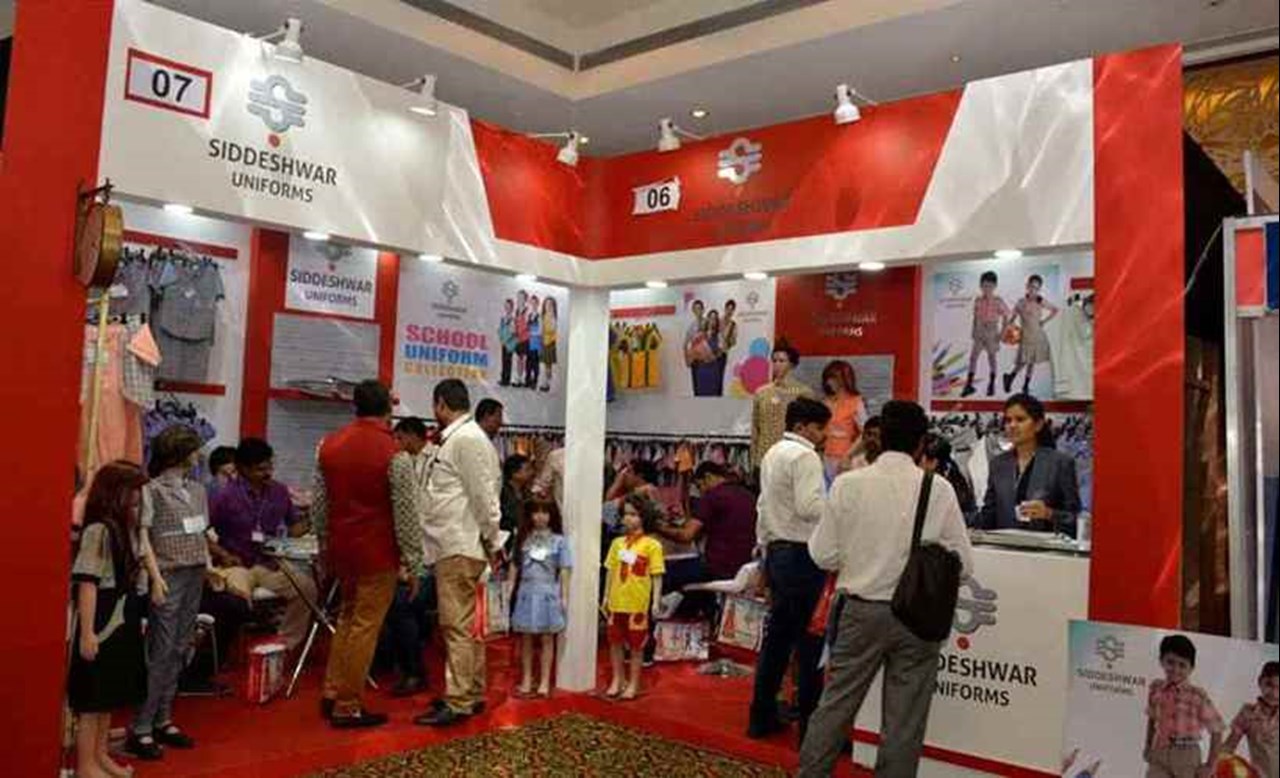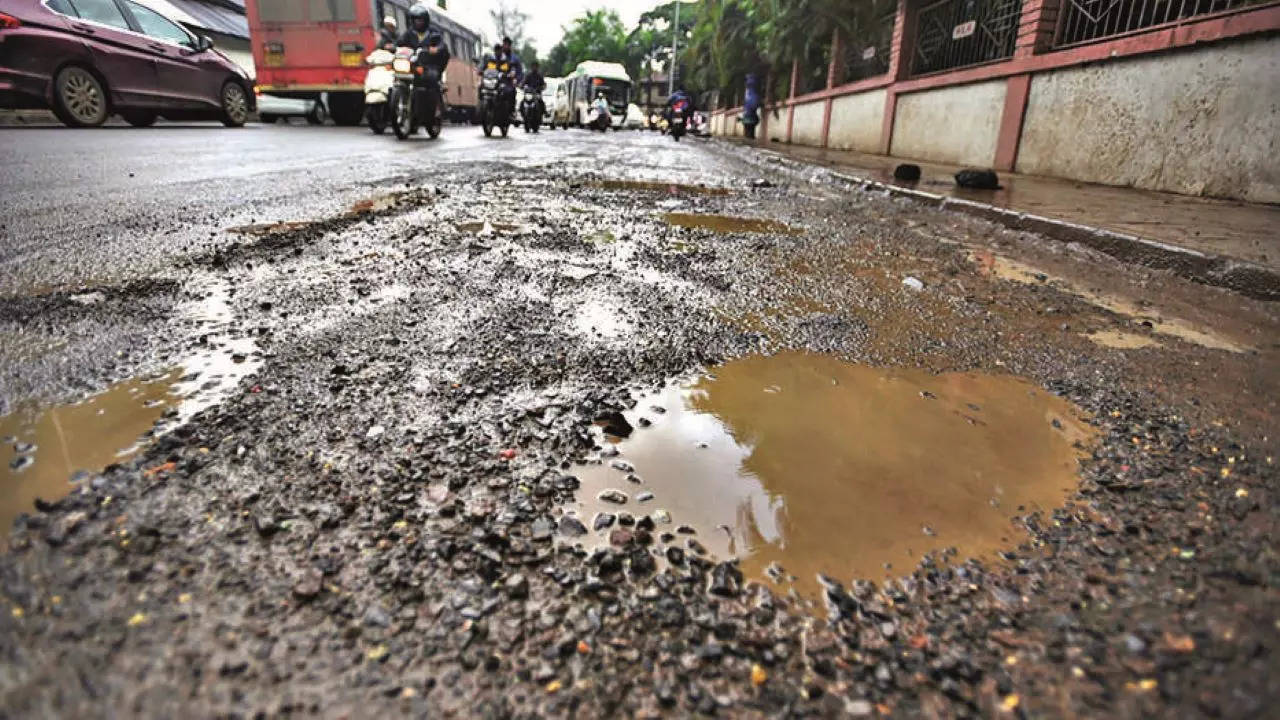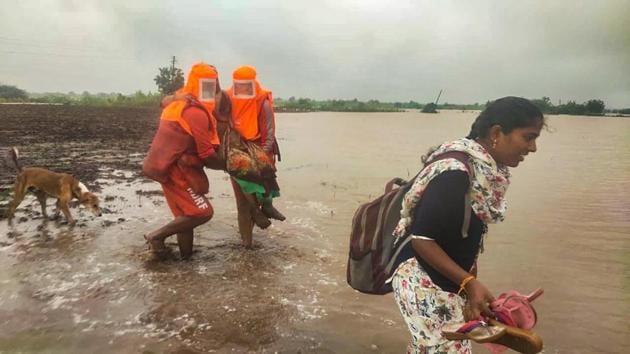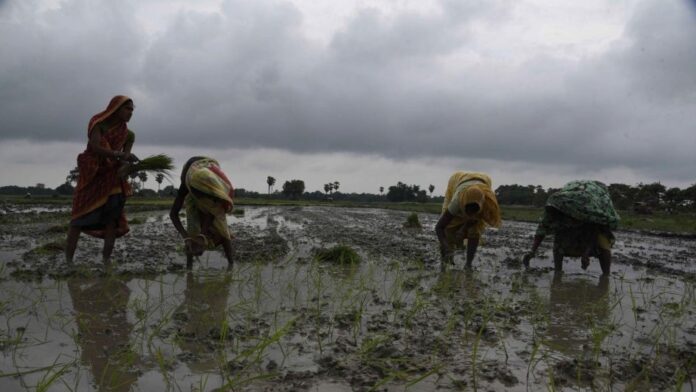Uniform City: Solapur, a city in India renowned for its textile industry, faces a significant challenge as a new government order threatens to disrupt the production of school. The order, issued by Maharashtra’s education minister Deepak Kesarkar, aims to decentralize the production of government school uniforms by allocating the work to women’s self-help groups across the state. This decision has raised concerns about the potential impact on the livelihoods of thousands of workers, particularly the approximately 35,000 women who are currently employed in the uniform business. Solapur produces a staggering 30 million sets of uniforms annually, with around 5 million sets being exported to various countries such as Dubai, Ghana, Malaysia, Nigeria, Oman, Qatar, France, and the United States.
Solapur’s textile industry has played a crucial role in the city’s economy, employing over 60,000 families and contributing an estimated value of ₹1,000 crore, according to a FICCI report. At the Maharashtra Industrial Development Corporation (MIDC) park alone, which houses 700 units, each unit produces 10,000 uniforms per day during peak season. The industry has provided employment opportunities and improved the lives of many, particularly women who have transitioned from hazardous beedi-making to sewing uniforms. The government schools in Maharashtra alone order 9 million uniforms from Solapur annually, accounting for nearly one-third of the city’s total production.
The government’s decision to decentralize production and involve women’s self-help groups across the state has raised concerns among local stakeholders. Prakash Pawar, the secretary of the Solapur Readymade Kapad Utpadak Sangha (SRKUS), expressed frustration, stating, “On the one hand, the government has been promoting Solapur as the ‘Uniform City,’ but on the other hand, it undermines our business.” Pawar, whose own unit employs over 400 people, fears that this move could significantly impact the city’s economy and the many families dependent on the textile industry for their livelihoods.
Government Order Threatens Solapur’s Uniform Industry, Raising Livelihood Concerns for Workers
If the government does not reconsider its decision, the consequences for Solapur and neighbouring regions in Telangana and Andhra Pradesh could be severe. The uniform business has been instrumental in providing employment opportunities, especially for women who previously worked in the beedi industry for meager wages. Currently, approximately 35,000 women are employed in the uniform business, and their economic stability is now at risk. Many families in the vicinity of the MIDC park rely on the income generated by these women.
Kanchana Goli, who runs a unit with 20 sewing machines in Sunil Nagar, highlights the positive impact of the uniform business on women who have joined after completing their education. Her husband, Lakshminarayan Goli, initiated the business to provide employment to women who were previously involved in beedi rolling. The transition to sewing uniforms has significantly improved their earning potential, with women now earning up to ₹18,000 per month, compared to the meager ₹200 per day they used to earn in the beedi trade. However, the government’s decision could hinder the growth of small entrepreneurs like Goli.
The shift towards involving women’s self-help groups in uniform production aligns with the government’s principles, but it poses significant challenges for Solapur. Chandrika Chavan, a local social worker focused on women’s rights, points out the potential fallout of this change. Although the intention is commendable, the local industry lacks the infrastructure and resources to handle such a transition effectively. The livelihoods of thousands of women and their families are now at stake due to this decision.
Solapur’s textile industry has a rich history that dates back to 1874, and it gained prominence in 1998 when the city started manufacturing uniforms for government schools under the Sarva Shiksha Abhiyan. Over time, Solapur became India’s largest manufacturing hub, receiving orders from various sectors, including the aviation and automotive industries. The production of government school uniforms has been the backbone of the industry, providing employment opportunities and keeping many young men in Solapur engaged in their family businesses.
Former textile minister Subhash Deshmukh, now a BJP MLA from south Solapur, highlights the efforts made to retain the industry in the city and urges the government to reconsider its decision. Similar experiments in other states, such as the central procurement of cloth and allocation of work to multiple units, have faced challenges and failed to yield desired results. Entrepreneurs like Chanbasappa Mhalge, who has been supplying uniforms to Karnataka government schools, stress the importance of anticipating and addressing such challenges.
Solapur’s Textile Industry in Peril: Government Order Threatens Livelihoods of Thousands in Uniform Business
Education minister Deepak Kesarkar, who initiated the policy change, cites complaints about uniform quality as the reason behind the decision. The government aims to centralize the procurement of uniform cloth and provide training to women’s self-help groups in sewing. Anita Malage, owner of Yashaswini cooperative, supports the government’s policy, emphasizing the empowerment it could bring to women in Solapur and nearby villages. However, she acknowledges that additional training and infrastructure are necessary to meet the requirements effectively.
Local manufacturers express their disappointment over the lack of dialogue with the minister before implementing such a drastic solution. They believe that with better communication and understanding of the government’s concerns, they could have made the necessary adjustments to improve quality.
The fate of Solapur’s uniform industry hangs in the balance as the government’s decision raises concerns about the potential loss of livelihoods for thousands of workers, particularly women. The city’s textile industry has been a source of pride and economic stability, and its impact extends beyond Solapur itself. It is crucial for the government to reconsider its decision, taking into account the potential consequences and engaging in meaningful dialogue with the stakeholders involved. This would ensure a more balanced approach that addresses concerns about uniform quality while safeguarding the livelihoods of the workers and the prosperity of Solapur’s uniform industry.

